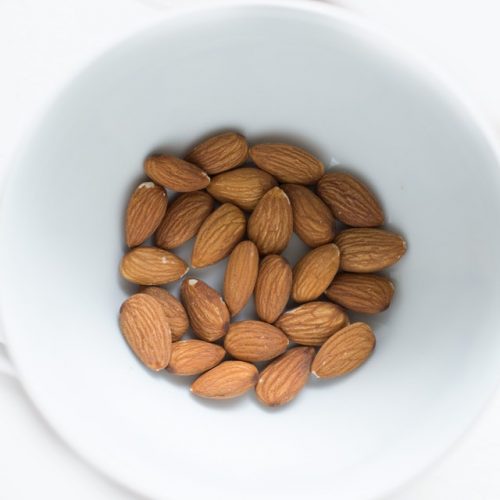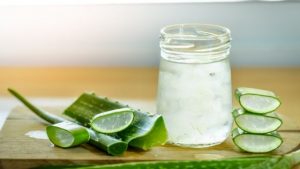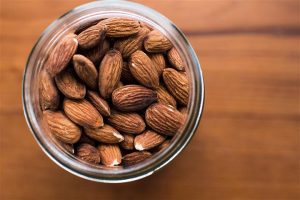IBS and Almond Milk
IBS and Almond Milk

When you buy through links on our site, we may earn an affiliate commission at no additional cost to you (learn more)
People with Irritable Bowel Syndrome or IBS suffer from digestive symptoms and reactions to many of the foods in our modern diet. Symptoms of IBS are uncomfortable, unpredictable, and can be so severe as to affect your ability to function normally. Knowing what foods cause your symptoms, understanding how certain carbohydrates could be making IBS worse, and finding alternatives to your diet are all part of a successful treatment plan for dealing with IBS.
Understanding FODMAP Foods
Your body reacts to every food you eat, and your reaction will be unique from others. One of the most significant challenges of managing IBS, especially in the beginning, it identifying the foods that trigger your symptoms. While lots of foods can increase the severity and frequency of IBS symptoms, some are more common culprits. The category of foods most problematic for IBS sufferers is known as FODMAP foods.
FODMAP is an acronym that stands are Fermentable Oligosaccharides, Disaccharides, Monosaccharides, And Polyols. The foods in this group are all carbohydrates that are difficult for your digestive system to break down and absorb. Because they don’t digest properly, these food particles are usually left in your digestive tract, fermenting and causing symptoms. You may not be sensitive to all FODMAP foods, but eliminating them from your diet, then slowly reintroducing them one at a time is a way to tell which is more likely to trigger IBS reactions.
Besides gluten, sugar, refined flour, alcohol, and fruits and vegetables high in fiber, one common FODMAP trigger for IBS sufferers is dairy products, which are high in disaccharides.
The Link Between IBS and FODMAP Foods
Milk contains lactose, which is a sugar. Your body needs an enzyme called lactase to properly digest the lactose found in milk, but many people don’t naturally make enough of this enzyme, making them unable to effectively absorb milk and dairy products.
Lactose is a disaccharide, making it a FODMAP food, and it is common for those with IBS to be lactose-intolerant or to have some sensitivity to dairy products. The easiest way to tell if your IBS symptoms are made worse by dairy products is to eliminate them entirely from your diet to see how it affects your system. This includes eliminating milk, cheese, yogurt, and all other products that contain significant amounts of dairy. If your symptoms get better, the chances are high that your IBS is made worse by lactose.
Almond Milk and IBS
Almond milk, like other non-dairy alternatives, contains no lactose, making it an excellent option for those with IBS. While whole almonds are actually avoided on a FODMAP elimination diet, almond milk only contains about two percent almonds, so you are consuming very little of the carbohydrates that are difficult for people with IBS to have.
Almond milk is made by soaking raw almonds in purified water, then grinding the nuts, and finally straining the mixture. Stabilizers are added to give the milk its familiar texture, and most almond milks are also fortified. These almond milks contain essential nutrients and vitamins, such as Vitamins D and E as well as calcium, plus almond milk is high in protein and low in carbohydrates.
Using almond milk in place of cow’s milk can allow IBS sufferers to enjoy milk again, and it is easily interchangeable in recipes. To avoid creating more problems, though, you should avoid flavored or sweetened varieties of almond milk. The added sugars contained in chocolate, vanilla, and sweetened versions of this non-dairy milk alternative include some of the same FODMAP compounds you are seeking to eliminate from your diet, so be sure to only reach for unsweetened, plain varieties to be safe.



